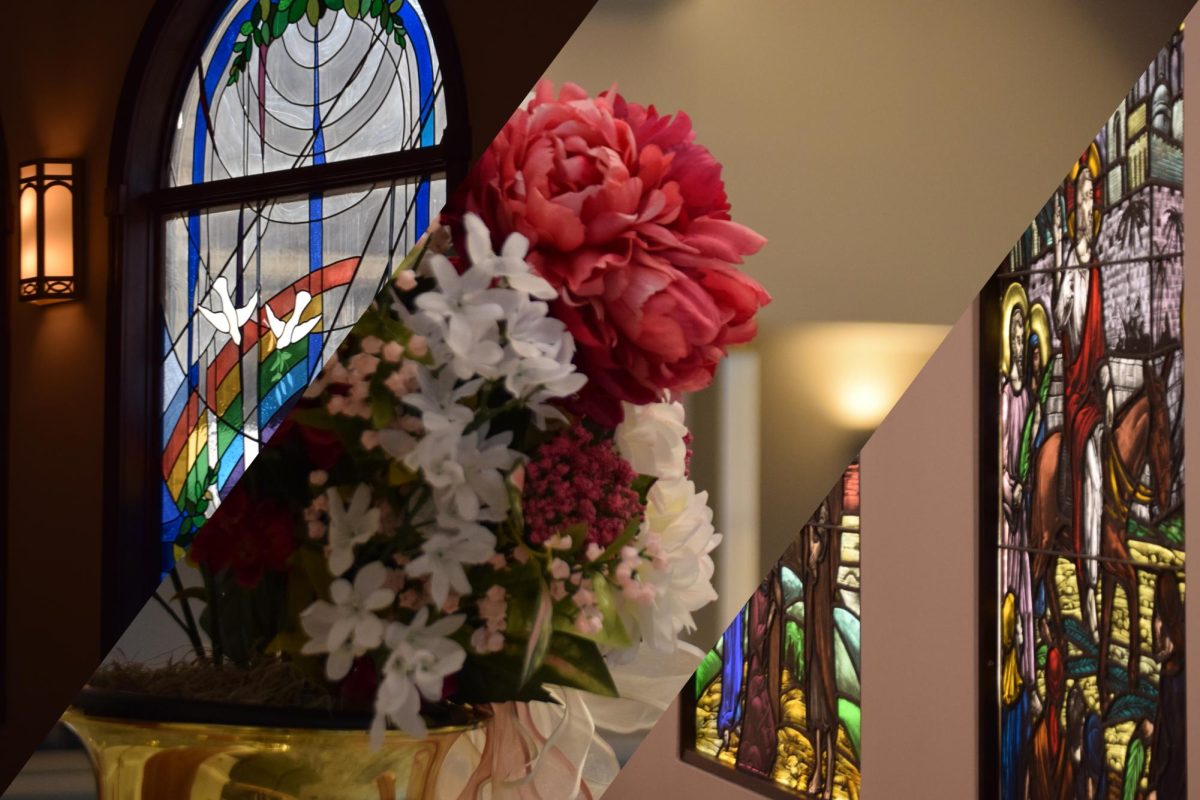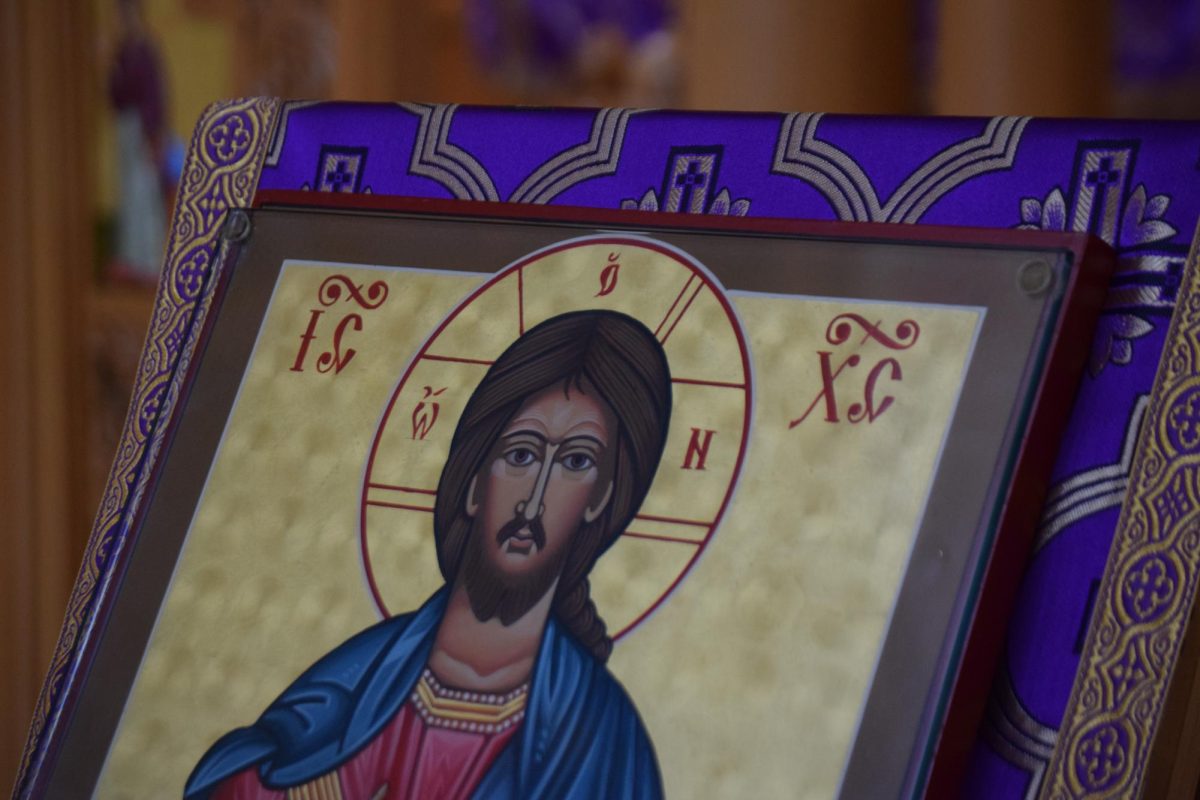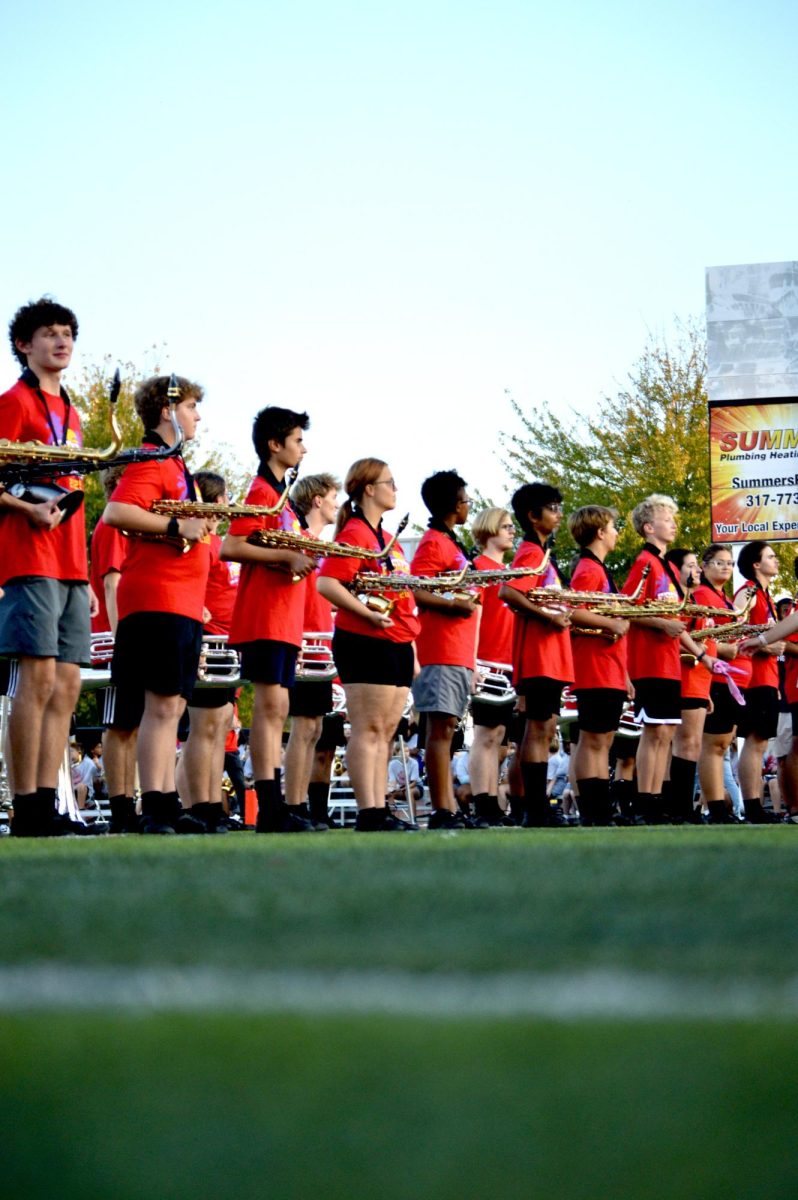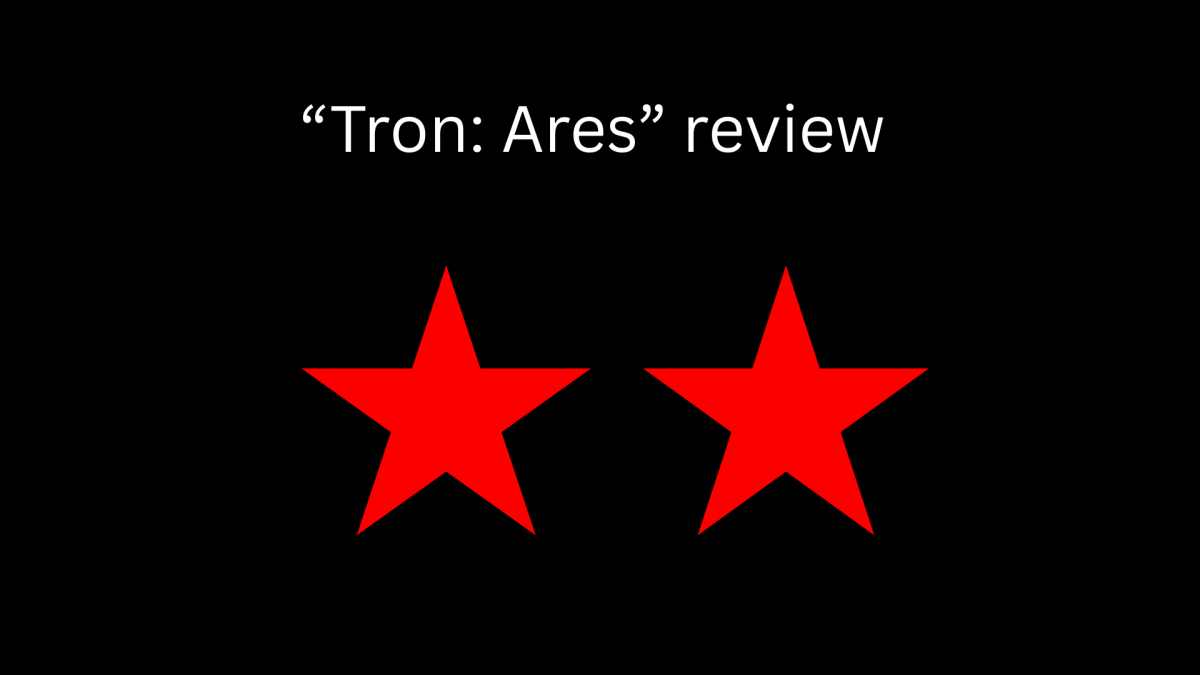Easter, the commemoration of the resurrection of Jesus Christ, is the centerpiece of the Christian calendar. In the 40 days prior, Christians prepare for that celebration by repenting daily—fasting, praying and otherwise purifying themselves, mirroring the 40 days Jesus fasted while wandering the desert before being tempted by Satan.
According to Father Anthony Yazge of St. George, a Greek Orthodox Parish located in Fishers, Lent is “a time of preparation.”
“In the early Church, [Lent] was a time when people who were wanting to become Orthodox Christians, or just wanted to become Christians, were educated by the bishops,” Yazge said. “They would sit in the Church and be taught during the season of great Lent for hours and hours.”
At St. George, this tradition continues today: The parish has inducted 17 new members this Lenten season.
Yet Lent is not a monolith; different sects—and even different parishes—observe Lent differently. This is perhaps best seen in the calculation of the Lenten calendar itself. Whereas Greek Orthodox parishes begins Lent 40 calendar days prior to Easter, Catholics exclude Sundays from the count.
Father Dale Ehrman of Holy Spirit Parish at Geist, a Catholic parish in Fishers, explains that in the Catholic faith “the three general practices for Lent are prayer, fasting and almsgiving—giving to the poor [or] those in need.”
While some Christians fast as it is generally understood during Lent, fasting in the Lenten context often means willingly giving something up for the duration of religious observation. For this Lenten season, senior Matthew Iskandar, a member of the Holy Spirit Parish at Geist, chose to give up social media on weekdays.
“[In giving up social media], I hope to have more time during the week to focus on schoolwork and on religious things, like taking a bit more time to pray,” Iskandar said. “But I also hope to enjoy my entertainment time better.”
Despite belonging to a different denomination, Yagze notes that many of those in his congregation similarly give up social media for the Lenten season. And for Yagze himself, fasting can be challenging at times: For the past couple years, Yagze has not watched a single March Madness game during Lent, despite being a “big basketball fan.”
“I’ve decided I don’t need [to watch March Madness games],” Yagze said. “I’ll look up scores and that’s sufficient. I just try to reduce all that and try to listen to audio books that are going to be more fulfilling to me in more of a spiritual nature.”
In line with the three general practices outlined by Ehrman, many Christians become especially involved in their community during Lent. A popular example of this in Fishers is the “Friday Night Fish Fry,” a fundraiser organized by and held at the Holy Spirit Parish at Geist.
In exchange for $13, attendees of the Fish Fry get a meal with fried fish, macaroni and cheese, applesauce, a dinner roll and a cookie. Proceeds go to both scholarships and the parish’s Men’s Club, who vote on where to allocate their portion of the funds each year.
Though having “never really partaken in Lent,” junior Nathan Graham, a member of Missouri Synod Holy Cross Lutheran Church, has attended the Fish Fry with family and friends for years.
“[The Fish Fry] has always had a special place in my heart because it’s a really good time to come together,” Graham said. “Everyone is so nice.”
Many Christians, like Iskandar, also volunteer at the Fish Fry, performing tasks such as packaging food and cleaning tables.
Other popular Lenten traditions exist, too. The Missouri Synod Holy Cross Lutheran Church, for instance, holds an additional service on each Wednesday of the Lenten season, wherein attendees eat a Chick-fil-A dinner and socialize beforehand. The church also begins projects during Lent that assist local families in need.
“We try to be part of the community, so there are always service projects,” David McClean, a pastor at the Missouri Synod Holy Cross Lutheran Church, said.
Yagze stresses that all actions undertaken by Christians during Lent, whether prayer or fasting, is ultimately voluntary. In observing Lent in their own ways, Yagze hopes that practitioners “draw closer to Christ.”
“Every Lenten season is different because we’re not the same people today that we were a year ago, that we were five years ago, [or] ten years ago,” Yagze said.

















